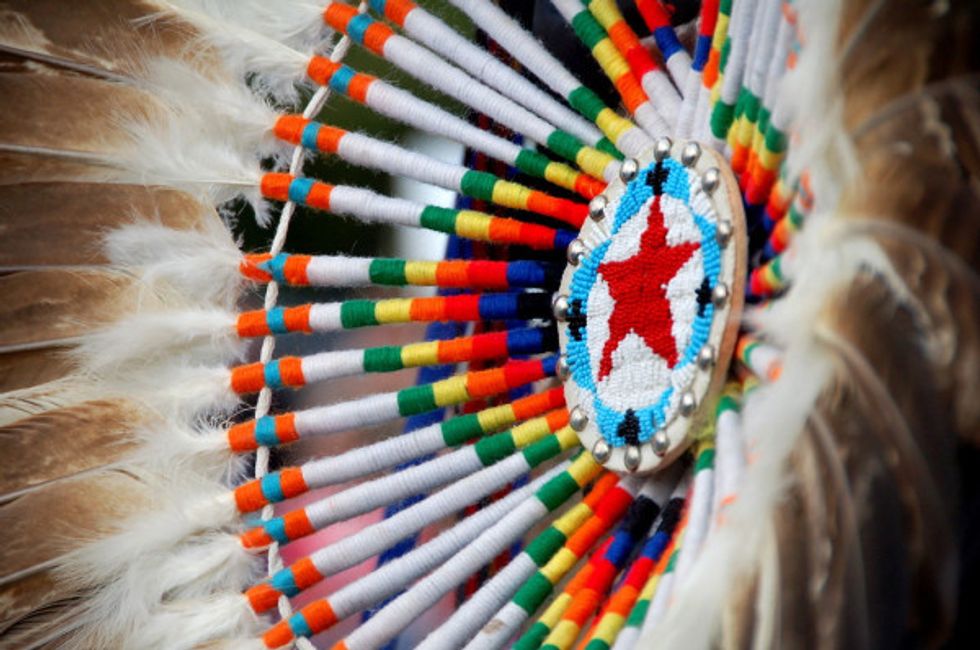To keep the spread of the coronavirus at a minimum, Amber Torres, Chairwoman of the Walker River Paiute Tribe in Nevada, made an early decision to close the reservation to all non-residents in March.
On September 14, at the 2020 American Tribe Tourism Conference, Torres explains why she decided on a state of emergency despite pushback from other tribe members.
The Walker River Paiute Tribe declared a state of emergency on March 6. They shut down non-essential businesses and closed the Weber Reservoir, a popular attraction with visitors.
Non-residents, even off-reservation tribal members, were not allowed in the reservation in order to minimize the spread of the virus.
However, non-residents disrespected the tribe's announcement to close the reservation. They went into the tribe's ancestral homelands, shot at signs and broke through the barriers that led to the reservation.
"Access to our reservation and land is a privilege, not a right," Chairwoman Torres said. "It needs to be respected."
On March 30, the Walker River Paiute Tribe sent out a letter to the community to inform the law enforcement of any non-residents coming on to the reservation would receive either a $500 fine or a year in jail.
A graduate student from Arizona State University, Ellen Malloway, attended the conference. She was saddened to hear about the backlash the tribe received from closing the reservoir. Closing it was a hard decision to make because it brought in a lot of revenue for the tribe, Malloway said.
The virus has extended across tribes all over the country. The Navajo Nation, which stretches across Arizona, Utah and New Mexico, is affected tremendously by the virus. According to the Navajo Department of Health, as of September 28, there are 10,312 positive cases of COVID-19 in the Navajo Nation. The infection rate is more than 3.4%, according to WebMD, back in June.
Prudy Correa, a member of the Pueblo of Acoma in New Mexico, understands what the Walker River Paiute Tribe is going through. The Acoma Tribe has experienced setbacks with their businesses, is still on lockdown and closed off to non-residents. According to Pueblo of Acoma's Executive Order on April 10, household members were not allowed to leave their homes unless absolutely necessary. As of September 16, according to Pueblo of Acoma's website, there are 44 cases confirmed in the community.
The tribes need to prepare for everything.
Chairwoman Torres said the Indian tribes are a second thought to the federal government with funding and testing supplies, even though their ancestors paid in full a long time ago.



 Photo by
Photo by  Photo by
Photo by  Photo by
Photo by 



















